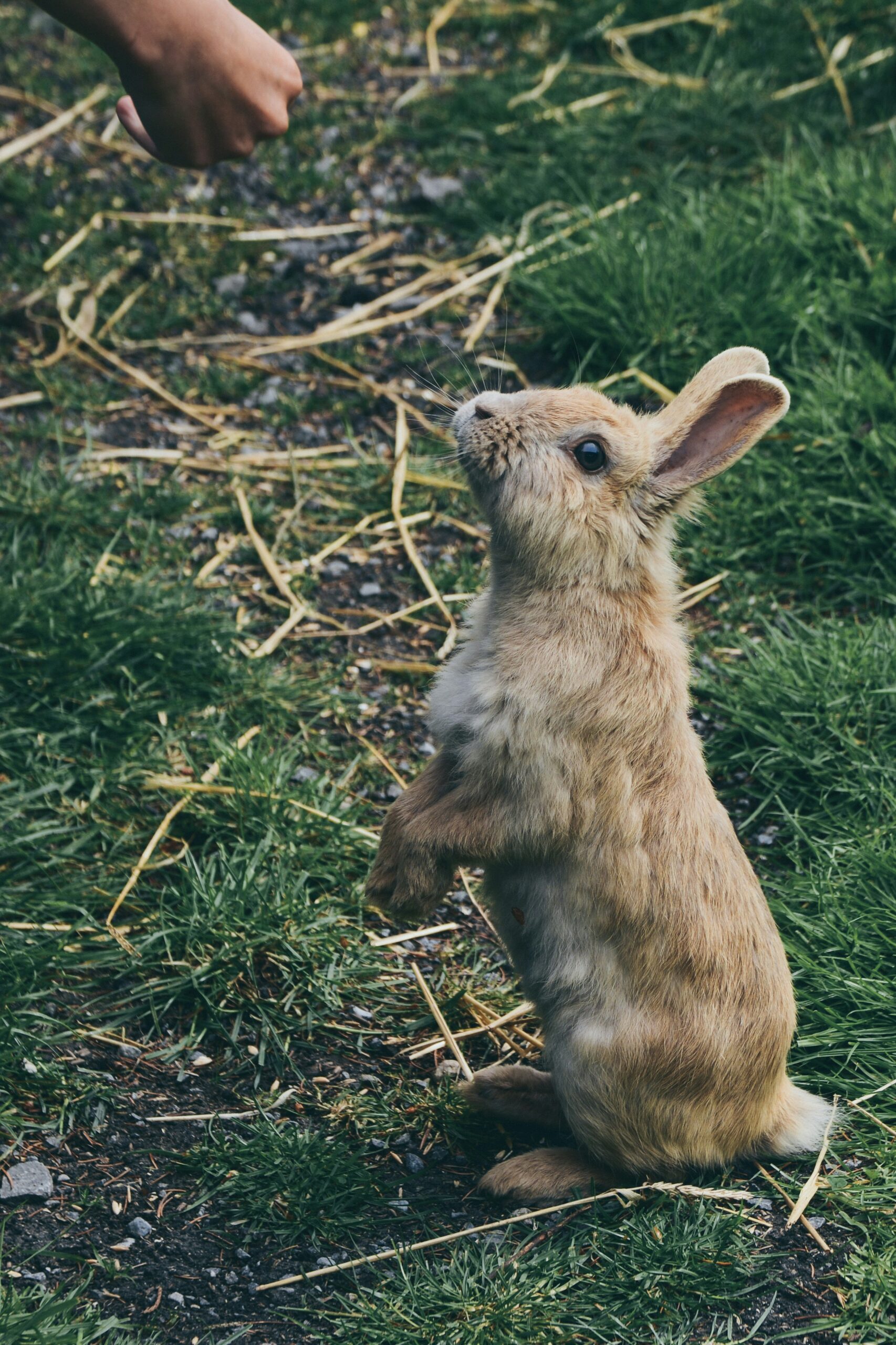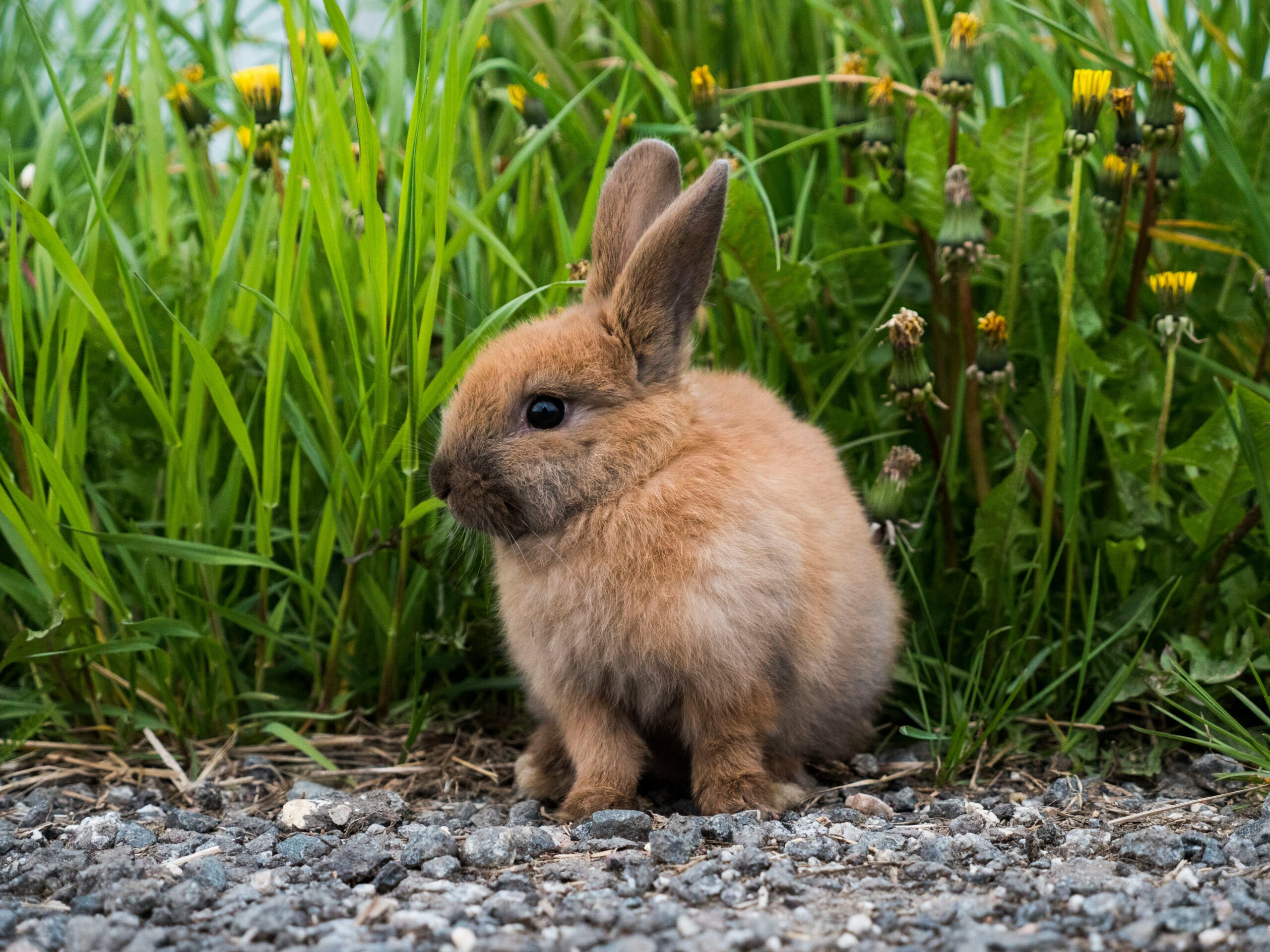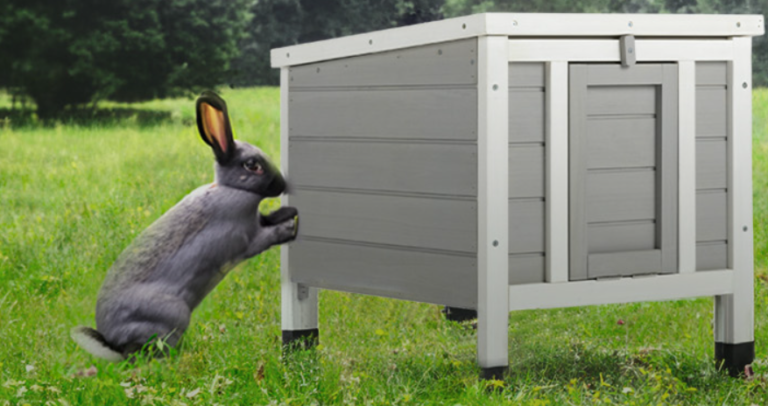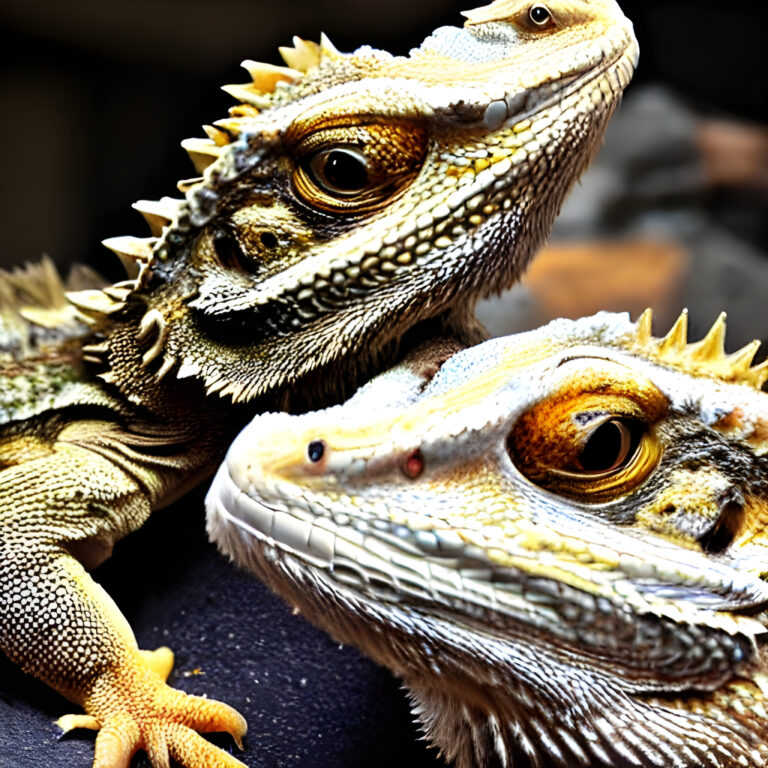Tips for Successfully House Training Your Rabbit
House training a rabbit can be a rewarding and beneficial experience for both you and your furry companion. Understanding the basics of rabbit behavior is essential in successfully teaching them appropriate toileting habits. By creating a suitable living environment, establishing a consistent training routine, and utilizing positive reinforcement techniques, you can effectively teach your rabbit to use a litter box. This article provides valuable tips and strategies for house training your rabbit, addressing common challenges, and offering guidance on monitoring progress to ensure a successful training process.
Understanding the Basics of Rabbit Behavior
Rabbits may be cute, fluffy bundles of joy, but they also come with their own set of behaviors and preferences that you need to understand to successfully house train them.
- Understanding Rabbit Instincts and Preferences
Ever wondered why your rabbit does those cute little hops or thumps its hind feet? Understanding your rabbit’s natural instincts, like digging and marking territory, can help you work with their behavior instead of against it.
- Identifying Signs of Stress or Discomfort in Rabbits
Rabbits are subtle creatures, but they have ways of letting you know when they’re not happy. From teeth grinding to excessive grooming, being able to recognize signs of stress or discomfort in your rabbit is crucial for their well-being.

Setting Up a Proper Living Environment for Successfully House Training Your Rabbit
Creating a rabbit-friendly space is essential for successful house training. After all, you wouldn’t want to do your business in a less-than-comfy environment either! Let’s make sure your bunny has all the creature comforts they need.
- Creating a Safe and Comfortable Indoor Space
From cozy hiding spots to chew toys galore, setting up a safe and comfy indoor environment for your rabbit is key. Think of it as creating their own little bunny paradise – complete with all the amenities.
- Providing the Right Litter Box and Bedding Materials
Just like you appreciate a clean and cozy bed, your rabbit will thank you for providing the right litter box and bedding materials. With the right setup, your bunny will be well on their way to becoming a potty pro.
- Establishing a Consistent Routine for Training
Consistency is key when it comes to training your rabbit. Think of it as creating a bunny boot camp – minus the push-ups, of course. Let’s get your furry friend on a schedule that works for both of you.
- Developing a Feeding and Exercise Schedule
Mealtime and playtime are serious business for rabbits. By establishing a feeding and exercise schedule, you can help your rabbit stay healthy and happy – while also setting the stage for successful house training.
Must Read : How Long Can a Rabbit Survive Without Water
Implementing Regular Training Sessions
Training your rabbit doesn’t have to be all work and no play. Regular training sessions can be a fun way to bond with your bunny while reinforcing good behavior. Who knew teaching a rabbit could be so rewarding.
- Utilizing Positive Reinforcement Techniques
Rabbits may not respond to a gold star sticker, but they sure do love their treats! Positive reinforcement is a powerful tool for training your rabbit, so let’s break out the goodies and get to work.
- Using Treats and Rewards to Encourage Desired Behavior
Whether it’s a tasty piece of fruit or a special bunny treat, using treats and rewards can motivate your rabbit to keep up the good work. It’s like giving them a high-five, but way tastier.
Handling Behavioral Issues with Patience and Consistency
Rabbits can be stubborn creatures, and behavioral issues may arise during house training. Stay patient and consistent in your approach. If your rabbit is displaying unwanted behaviors, such as digging or chewing on furniture, redirect their attention to appropriate toys and provide plenty of mental and physical stimulation. Positive reinforcement and gentle correction can help shape your rabbit’s behavior over time.
- Monitoring Progress and Adjusting Strategies as Needed
Tracking your rabbit’s progress and being flexible with your training methods are crucial for successful house training. Here’s how you can stay on top of your game:
- Tracking Training Milestones and Successes
Keep a training journal to record your rabbit’s successes and setbacks. Note any patterns or triggers that may be influencing your rabbit’s behavior. Celebrate small victories along the way to stay motivated and track your progress effectively.
Adapting Training Methods Based on Individual Rabbit’s Responses
Each rabbit is unique, so what works for one may not work for another. Pay attention to your rabbit’s reactions and adjust your training strategies accordingly. If a particular method isn’t yielding results, try a different approach or seek guidance from a rabbit-savvy veterinarian or animal behaviorist.
Flexibility and willingness to adapt will ultimately lead to a harmonious relationship between you and your house-trained rabbit.In conclusion, with patience, consistency, and a deep understanding of your rabbit’s needs, house training can be a positive and achievable endeavor.
FAQ
- How long does it typically take to house train a rabbit?
It typically takes 1-2 weeks to house train a rabbit.
- What are some common mistakes to avoid when house training a rabbit?
1. Not providing a designated potty area: Rabbits are creatures of habit and need a specific area to use as their bathroom. Without a designated potty area, they may end up going to the bathroom all over the house.
2. Inconsistent training: House training a rabbit takes time and consistency. If you are not consistent with your training methods, it can confuse the rabbit and make the process longer.
3. Punishing or scolding the rabbit: Rabbits do not respond well to punishment or scolding. This can cause them to become fearful and may even make them less likely to use their designated potty area.
- Can older rabbits be successfully house trained?
Yes, older rabbits can be successfully house trained with patience and consistency. It may take more time and effort compared to training younger rabbits, but with positive reinforcement and a consistent routine, older rabbits can learn to use a litter box or designated potty area.






